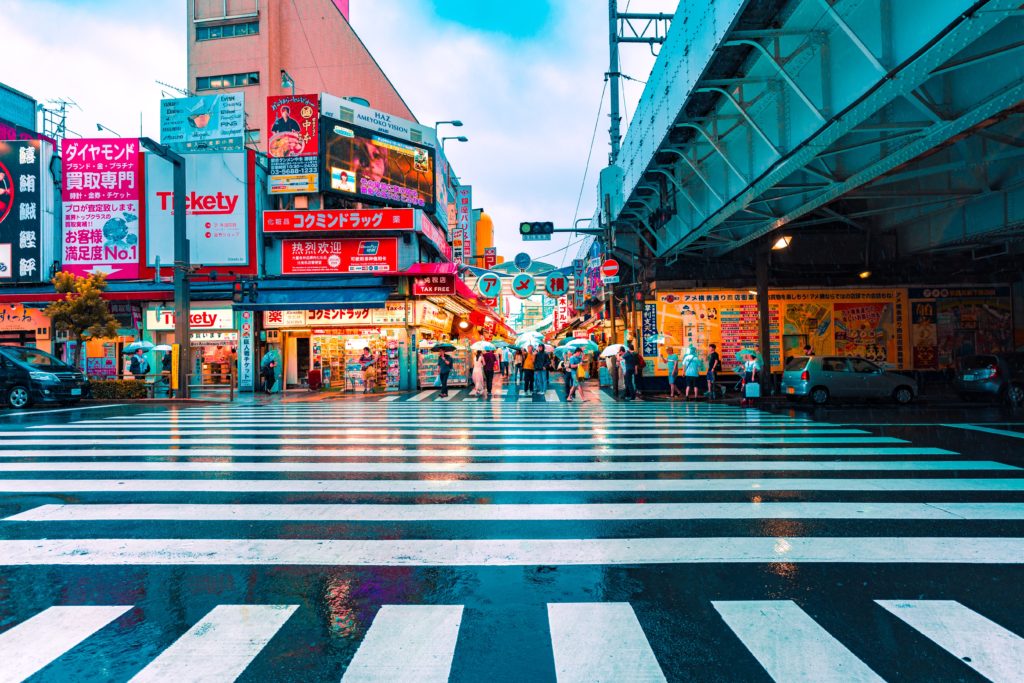Almost a decade ago, a motley group of Japanese ultranationalists gathered in front of a Korean elementary school in Kyoto. They came to protest the school’s use of the public park across the street. The school was an ideal target: it was affiliated with North Korea and did not have the means to fight back. For the students, the school was not a symbol of oppression and aggression toward Japan. It was a safe space to protect their identity, culture, and language in a society that sought to assimilate or exclude them.
While the young Korean students remained inside for safety, the crowd began to stir waving imperial flags, a symbol of Japanese colonial times. The crowd began to chant: “Go back home! You stink of kimchi!” Kimchi is often used as an insult to target Koreans that have lived in Japan for generations. At the same time, its consumption has slowly but surely penetrated the Japanese diet. Today, kimuchi is one of the most consumed pickles in Japan. This milder Japanese version of kimchi has come to symbolize the uneasy relationship Japan has with its Korean minority.

“History has failed us, but no matter”
An estimated 855,000 ethnic Koreans live in Japan. They constitute one of the largest minorities in a nation otherwise perceived as homogeneous. Many Koreans are second- and third-generation residents of Japan who speak better Japanese than Korean. Yet, they remain treated as outsiders in a society where they grew up in. The current predicament of this population is tied to Japan’s colonial period (1910-1945). During that time, large numbers of Koreans migrated to Japan to work undesirable and dangerous jobs.
Today, Koreans remaining in Japan have inherited the status of Zainichi granting them long-term residence without giving them the same rights as Japanese nationals (ex: voting rights, access to pension schemes). Koreans in Japan remain to this day underrepresented in the most desirable work occupations and face displays of hate and systemic discrimination. As populism takes root in Japan and South Korea, international relations between both countries have sunk to a historic low. Koreans living in Japan are stuck between these competing allegiances with their plight forgotten once again to history.

Marginalization in a homogenous society
Koreans in Japan are simultaneously living inside Japanese society as outsiders. They tend to live in the same neighborhoods, occupy similar work sectors and attend the same schools. In order to escape discrimination, many Koreans hide their identity “passing” as Japanese. The vast majority of Koreans today do not use their Korean names in public life using instead a Japanese pseudonym. As most Zainichi Koreans are born and raised in Japan, they are difficult to differentiate from Japanese people. However, their citizenship prevents them from having the same civil rights, equal access to employment and education opportunities.
To make matters worth, most Zainichi Koreans were initially affiliated with North Korea, a regime hostile to Japan. Unlike South Korea, North Korea was proactive in protecting Zainichi Korean interest in Japan. North Korea helped build schools, provide business loans and promote civil rights in Japan. Although today the majority of Koreans in Japan have shifted to South Korean citizenship, they are perceived as infiltrators by the Japanese Far-right. Koreans that remain politically affiliated to the North suffer the most violent forms of exclusion.

